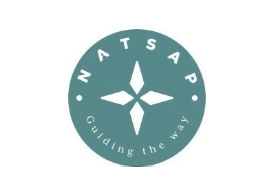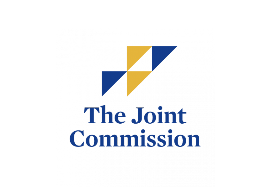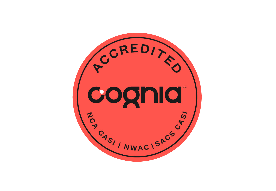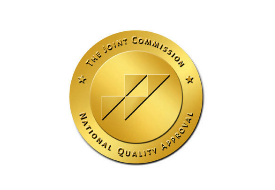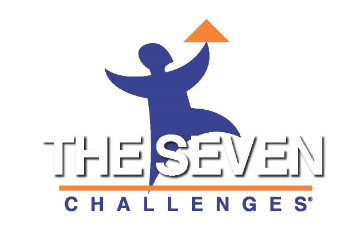Why does Telos invest so much into research and data analysis?
At Telos we want to know if what we are doing is making a real difference in the lives of the students. We want to know change is occurring (as opposed to suspecting it is occurring). This means we rely on evidence to verify students are progressing through their stay at Telos. This practice is called evidence-based treatment.
Clinical Sophistication
If you are diagnosed with cancer, chances are you won’t seek treatment from a family doctor. Just as some doctors are more capable of understanding and treating perplexing and complex physical conditions, some therapists are more capable of treating perplexing and complex mental health conditions. At Telos we work hard to be clinically sophisticated.
Clinical sophistication means:
To put it simply, we need to know our stuff. We want to be the very best in the nation at treating the population we serve. Why do we want to be the best? Because excellence in market-based treatment will raise the bar for the industry worldwide, resulting in more families receiving better help. Clinical sophistication is one way to achieve excellence at Telos.
The “Gut Feel” vs Behavioral Dichotomies and Target Behaviors
Most programs have treatment teams that operate off a gut feel. When reviewing a student, the question is asked, “Is Billy getting better?” One staff may reply, “Yes! He feels a lot happier this week.” Another may respond, “Absolutely not, he swore at me this week. He’s getting worse.” Everyone has his/her own opinion based on personal anecdotes with the student. Each staff is relying on his/her personal interactions, feelings, and hunches to gauge the student’s clinical progress. This is like judging the size and scope of an entire room by looking through the keyhole.
At Telos we begin with the end in mind. By selecting target behaviors we would like the student to improve in, we have a point of reference to measure progress. For example, Mike may present for treatment with oppositionality, anxiety, and a tendency to isolate from people. After reviewing the various behavioral dichotomies at our disposal, we may decide to track “oppositional vs compliant,” “anxious vs calm,” and “engaged vs isolated.” The target behavior would be clearly defined, and staff would begin measuring the frequency and severity of each behavior. Over time, these measurements are converted into numbers and displayed on a graph. The treatment team then uses these graphs to measure the effectiveness of various interventions and the overall course of treatment.
By focusing on real behaviors, we avoid falling into the trap of seeing the student through one single lens. Target behaviors bring a greater level of objectivity to our evidence-based treatment.
Humble Detective
At Telos we are fond of a quote from a science fiction novel, “In the absence of information, all choices are hazardous.” One of our many roles at Telos is to be information gatherers. Because we base our clinical decisions on objective information, we must be experts at observing behaviors and reporting back to the treatment team. As an employee at Telos you must consider yourself a humble detective. What do detectives do? They search for truth. You are engaged in a search for the truth about 1) how your students are functioning and 2) what will help them heal.
That desire for truth outweighs the desire to be right. Humility is the quality that strips the detective of ego, allowing him to gather information without pre-determined agendas. Above all, the humble detective wants the truth about his/her students.

